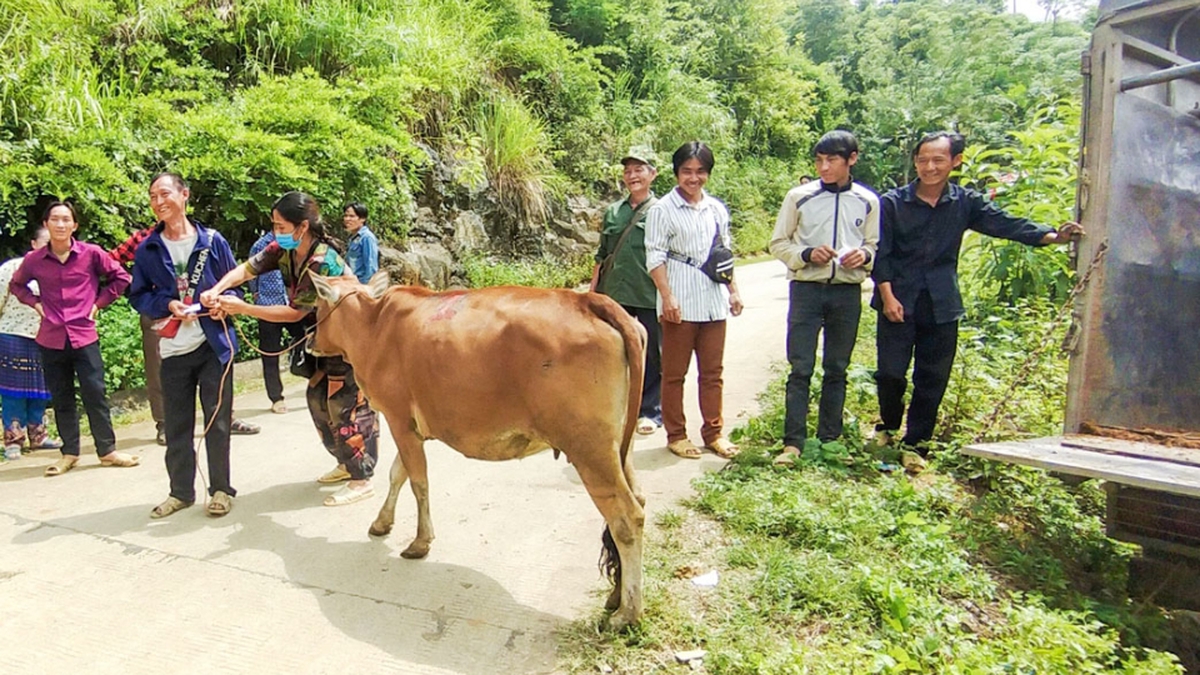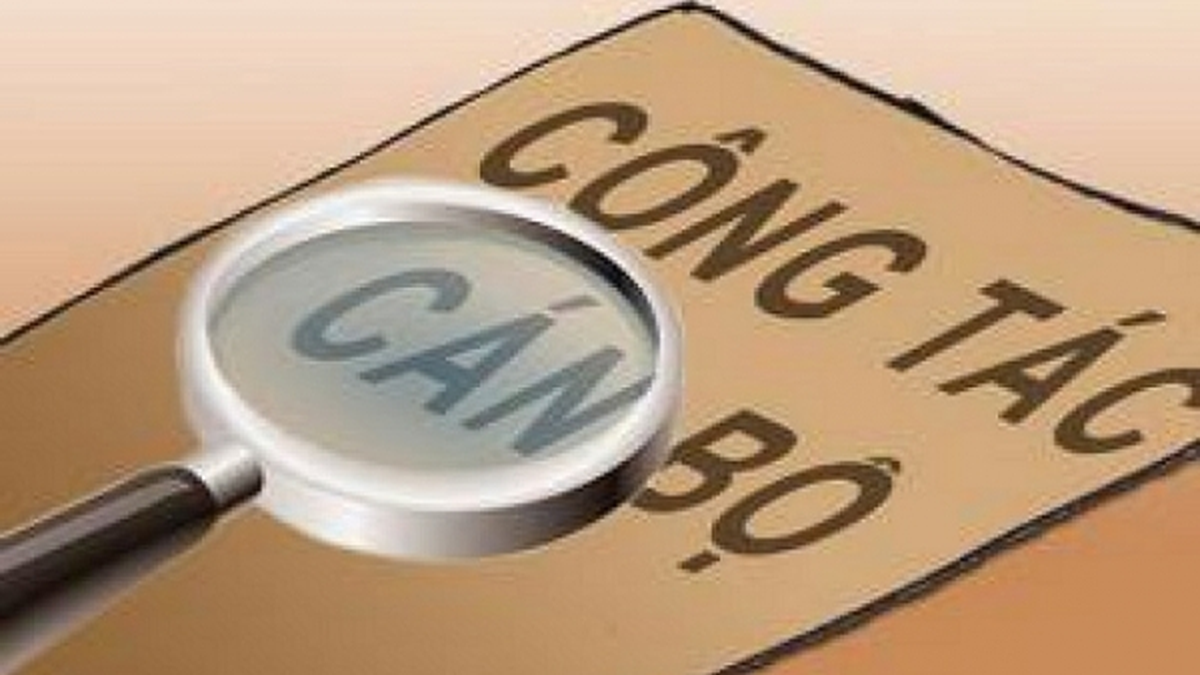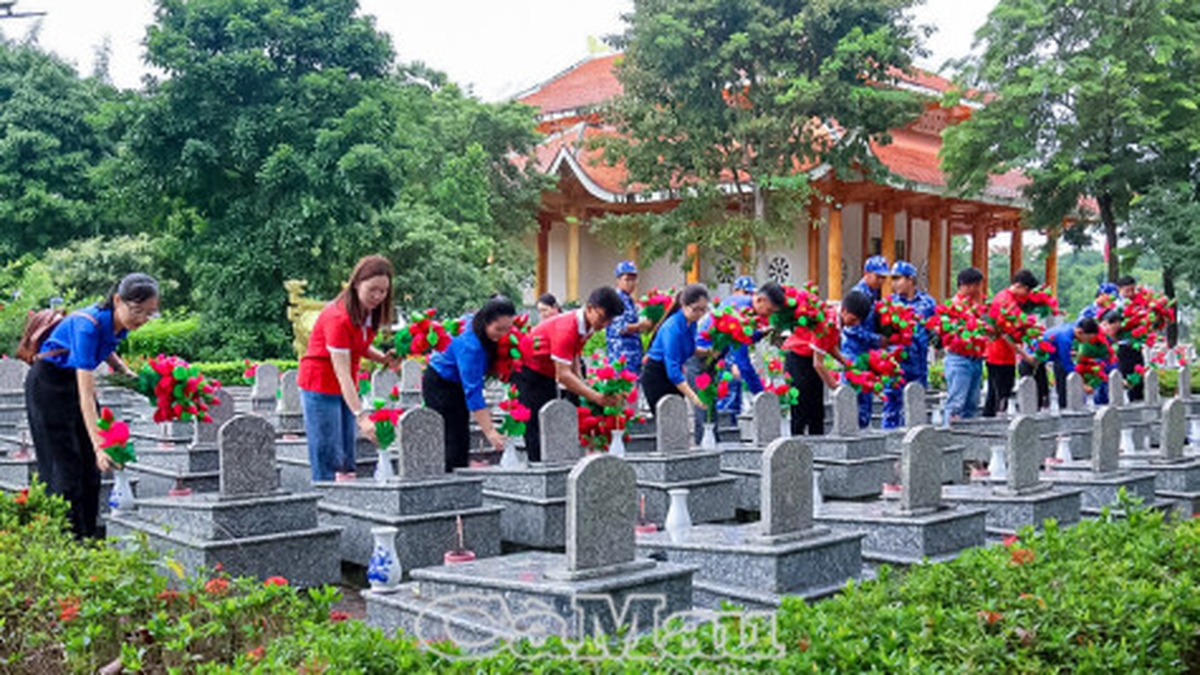On the afternoon of March 25, at Ho Chi Minh City Book Street, the Ho Chi Minh City Branch of the National Political Publishing House, Truth, organized a discussion to introduce the book "False Alliance: Ngo Dinh Diem, America and the Fate of South Vietnam" by author Edward Miller (Professor of History, Dartmouth College).

Cover of the book “False Alliance: Ngo Dinh Diem, America and the Fate of South Vietnam”.
In the book False Alliance: Ngo Dinh Diem, America and the Fate of South Vietnam, with a different perspective from Vietnamese researchers and scholars, author Edward Miller clearly and multi-dimensionally sketched the image of Ngo Dinh Diem and explained the nature of the relationship between the South Vietnamese government, Ngo Dinh Diem and America.
The book opens on a day in June 1954, when Ngo Dinh Diem sets foot on the bustling land of Saigon with a somewhat less noisy welcoming ceremony for the new prime minister of the South Vietnamese government, and ends on November 1, 1963, with the event of Diem and his younger brother, advisor Ngo Dinh Nhu, being killed in an M-113 armored vehicle while on their way to the General Staff of the Army of the Republic of Vietnam.

Dr. Nguyen Thi Quynh Nga, Director of the Truth National Political Publishing House Branch in Ho Chi Minh City, spoke at the seminar and book launch.
With a time lag of 60 years, based on rich sources of documents about Vietnam in the period from 1954-1963, especially Vietnamese documents of the Republic of Vietnam government from the archives of Western countries, author Miller pointed out that between Diem and the US, although they shared the same goal of "fighting communism", there were still frequent disagreements between these two allies, creating conflicts and competition related to core issues that author Miller called "nation-building principles", which were formed and governed the entire history of the alliance between the US and Diem from its inception until its demise.
According to Miller, the conflict in different visions and strategies between the Americans and Ngo Dinh Diem for the fate of South Vietnam in the post-colonial period was an important factor causing the ups and downs of the US-Diem relationship and the fate of the Republic of Vietnam government, leading to the collapse of the US-Diem alliance in 1963.
Based on his own viewpoints, positions and exploited sources, the author has some interpretations and assessments of some events and characters that are different from the assessments of Vietnamese historical researchers, such as assessments of President Ho Chi Minh; of communism, the Southern revolution, the Dong Khoi movement; of Ngo Dinh Diem personally; of the reasons leading to the failure of the Saigon government,... Respecting the author's opinions and for the convenience of readers in researching and referring to them, we try to keep the content as original, and at the same time affirm that this is the author's personal opinion.
This is a book worth reading, as Larry Berman, author of the book “Perfect Spy: The Unbelievable Double Life of Pham Xuan An, Time Magazine Reporter and Vietnamese Communist Spy” commented when the book was first published in 2013 in the US.

Author Edward Miller (center) answers readers' questions at the book launch.
He called the book “a major contribution to our understanding of America’s misguided intervention in Vietnam. Great books advance historical scholarship and debate, and this is exactly what Miller has achieved. Misalignment could easily be the best new book of the year.”
The book Misalliance: Ngo Dinh Diem, the United State, and the fate of South Vietnam by author Edward Miller was first published in Vietnamese by the Truth National Political Publishing House in 2016.
According to Ms. Nguyen Thi Quynh Nga, Director of the Truth National Political Publishing House Branch in Ho Chi Minh City, in this publication, Truth National Political Publishing House has added to the book's content a research work by the author on religious revival and the political aspect of the nation-building process - another perspective on the "Buddhist Incident" in 1963 in South Vietnam, placed in the Appendix.

Many delegates and readers attended the discussion and book launch on the afternoon of March 25.
Through this, the Publishing House wants to provide more information and documents from foreigners about a difficult historical period of the Vietnamese people, serving the needs of learning and research of scholars, lecturers, graduate students, students majoring in history and politics,... as well as readers interested in this topic.
Phuong Hoa (According to nhandan.vn)
Source
























![[Photo] National Assembly Chairman Tran Thanh Man visits Vietnamese Heroic Mother Ta Thi Tran](https://vphoto.vietnam.vn/thumb/1200x675/vietnam/resource/IMAGE/2025/7/20/765c0bd057dd44ad83ab89fe0255b783)








































































Comment (0)